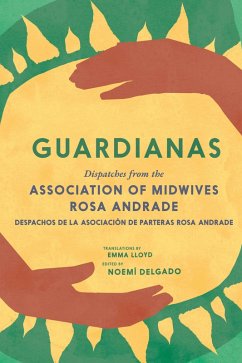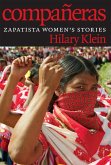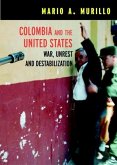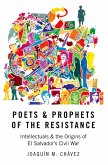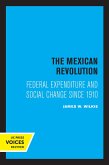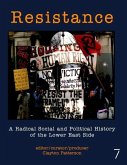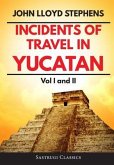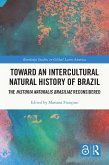A collection of testimonies from midwives in El Salvador who delivered babies during the twelve-year-long civil war and today fight to protect their ancestral role to care for the reproductive health of their communities. This bilingual edition includes thirty color photographs and five black-and-white illustrations. "An inspiring testament to the indispensable role of midwives in safeguarding life, culture, and community even against formidable odds." -Dorothy Roberts, author of Killing the Black Body "In this book we get to listen to elders, warriors, guides whose love, care and support for the autonomy of people giving birth models the world we deserve." -Alexis Pauline Gumbs, author of Survival Is a Promise: The Eternal Life of Audre Lorde "A book we need to read, as across the world we face a relentless war against the main conditions of our reproduction." -Silvia Federici, author of Caliban and the Witch and Wages Against Housework During the twelve-year-long Salvadoran civil war, mothers and guerrilla fighters attended births out of necessity. While fleeing airstrikes, in caves and beneath mango trees, with no electricity or running water, these women became parteras-community midwives-and began to care for pregnant people in rural areas and refugee camps who could not access medical care. In 1994, in the wake of the armed struggle, the Association of Midwives Rosa Andrade (APRA) was born. Compiled from oral histories gathered in 2019 by Salvadoran American birth worker Noemí Delgado, this bilingual anthology weaves together testimonies from twenty members of APRA to tell a collective story of midwifery and community care in revolutionary El Salvador. In Guardianas, the beauty of the testimonies, and the care with which they were collected, come together to safeguard a vision of a world rooted in fierce bravery, dignity, and ancestral wisdom. // Durante los doce años de guerra civil en El Salvador, madres y guerrilleras asistieron a parturientas. Mientras se refugiaban de ataques aéreos, dentro de cuevas y bajo árboles de mango, sin electricidad o agua corriente, estas mujeres vueltas parteras comenzaron a cuidar a personas embarazadas en áreas rurales y campos de refugiados que no podían acceder a cuidado médicos. En 1994, tras la lucha armada, nació la Asociación de Parteras Rosa Andrade (APRA). Compilado de historias orales recolectadas en 2019 por la trabajadora de partos salvadoreña-estadounidense Noemí Delgado, esta antología bilingüe entreteje testimonios de veinte miembros de la APRA para relatar un cuento colectivo de partería y cuidado comunal en El Salvador revolucionario. En Guardianas, la belleza de los testimonios, y el cuidado con el que fueron recolectados, juntos resguardan una visión del mundo enraizado en coraje feroz, dignidad y conocimiento ancestral.
Dieser Download kann aus rechtlichen Gründen nur mit Rechnungsadresse in A, B, BG, CY, CZ, D, DK, EW, E, FIN, F, GR, HR, H, IRL, I, LT, L, LR, M, NL, PL, P, R, S, SLO, SK ausgeliefert werden.

